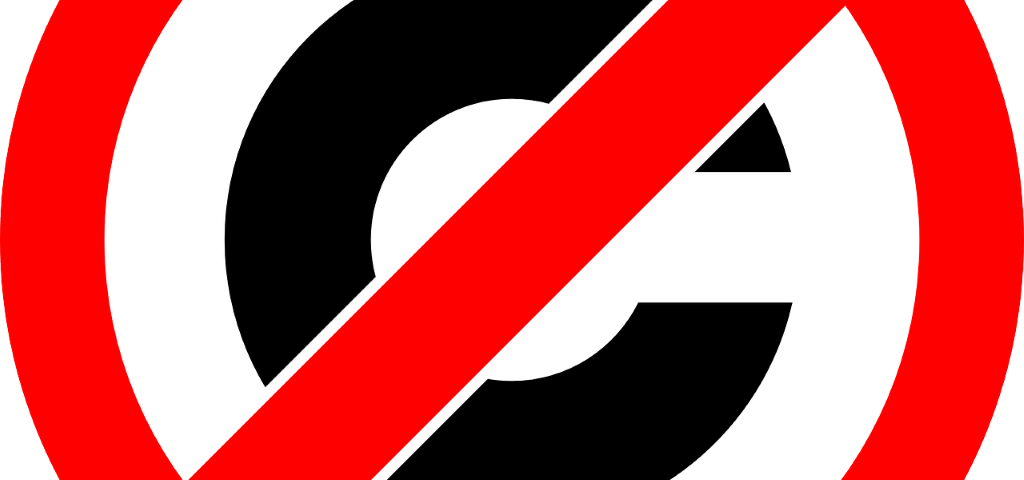Three popular copyright myths exposed

Copyright is a thorny issue. It is made worse by greedy and unscrupulous record companies and the sometimes less than honest companies they use to enforce it and by woefully out of touch judges who make completely unenforceable judgements that make things such as iTunes illegal under UK copyright law.
However, in the context of content marketing, copyright has its own complications. This question came up when we were in discussion with a new client over a large article marketing campaign. They wanted to copy and “dress up” existing content published by a competitor and our brief was to “only change it to sex it up.”
Firstly, that’s not what we do, or would ever want to do. Secondly, it would be an SEO and reputational disaster and thirdly, it could get the client into serious trouble because of copyright. With that in mind, let’s look at some of the main myths surrounding digital copyright.
If it’s published online it’s fair game
Just because something is in the public domain, does not make it freely available for use. Unless it is covered under Creative Commons licence, such as Wikipedia and sites like it, the website owner has copyright over everything published. That means anyone wanting to use any substantial element of that published work needs to seek permission.
If you copy someone else’s work that isn’t covered under Creative Commons you are breaking the law. Even if you “only change it to sex it up,” if the work has been largely reproduced with minimal editing, it’s still illegal.
Plus, Google will penalise you heavily for republishing content as it is against its guidelines. Google and the other search engines hate duplicate content and go to a lot of effort to eliminate it.
If I’m not making money from copied work, it’s okay
It’s not okay. The only time this is ever permitted is if the work is covered under fair use. Fair use can include accidental inclusion, news reporting, special educational use, critiques or reviews. Even then, the original source must be cited and it’s nice to alert the original owner you’re using their content.
Headlines, titles and names are subject to copyright
As clever as your headline may be, they are not always subject to copyright. The law as it stands does not always apply to headlines, titles and names but the body of the work itself. There are times when if something has been in use for a long period of time by a single entity it is protected to a degree by law from “passing off” but this is a flaky area of law.
If you’re proud of a particular title or name, trademark it. That is the only truly effective way to protect it.
Just don’t do it
Copying other people’s work may seem like the easy way to good content quickly but it really isn’t. While you may be able to fill pages and pages with great writing, none of it is yours. The search engines will soon find out and will penalise you for it. They might blacklist your site completely, which is effectively the end for that domain.
Your audience will also likely figure it out too. Internet users are a savvy bunch and soon discover when you’re being disingenuous. Once that happens your reputation will be annihilated on social media, by word of mouth and every medium they use. It’s hard to come back from that.
Fresh, engaging content isn’t expensive. For as little as ?10 a page, you can have quality web content design around your needs to achieve the goals you set. Contact Coastal Content today to order yours.



